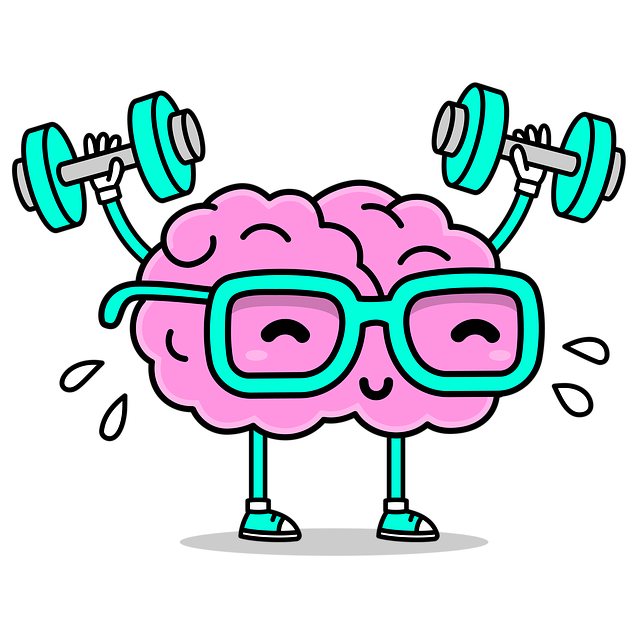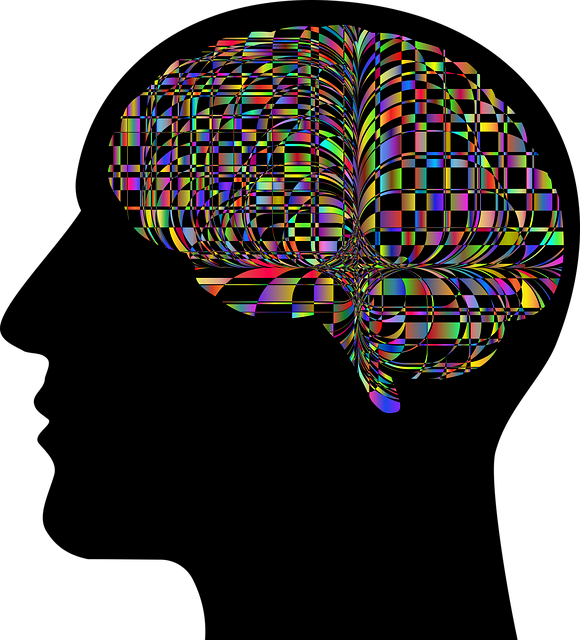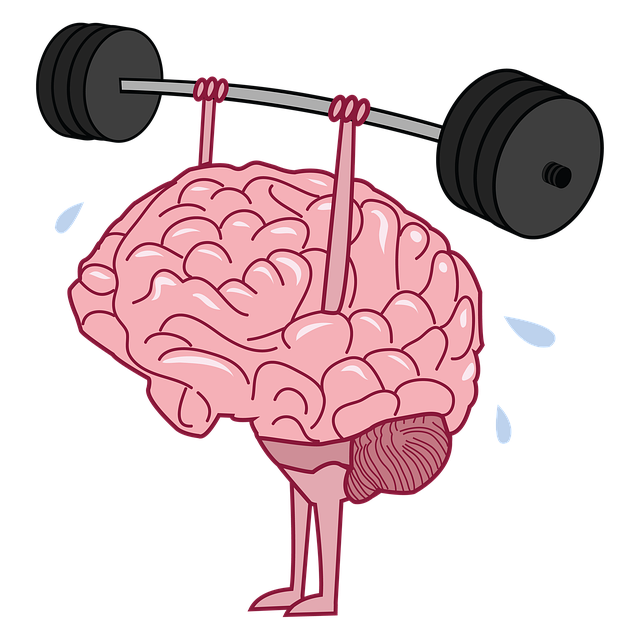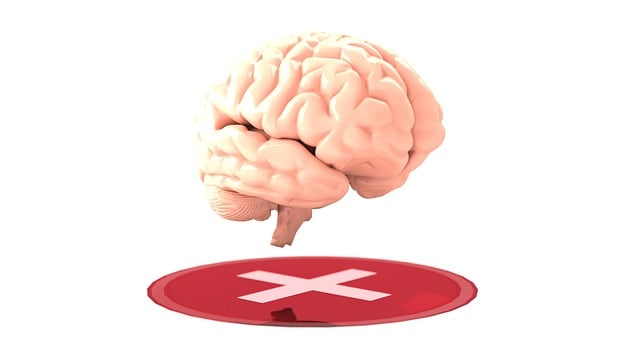Mental health advocacy, particularly through initiatives like Englewood ADD-ADHD evaluations and therapy programs, plays a pivotal role in destigmatizing mental illness and promoting early intervention for conditions such as ADD and ADHD. These programs empower individuals by teaching coping skills, self-awareness exercises, and conflict resolution techniques, while educating communities to recognize distress signs and encourage open conversations about mental wellness. Englewood ADD-ADHD evaluations identify cognitive and behavioral issues, offering tailored therapy approaches to enhance academic and professional performance. Therapy, coupled with education programs, reduces stigma, fosters emotional expression, and builds holistic support systems. For lasting change, these initiatives must engage local communities, normalize mental health conversations, empower individuals with self-care skills, and collaborate with institutions like schools and workplaces.
Mental health advocacy initiatives play a crucial role in fostering inclusive communities and ensuring access to quality care. This article delves into the multifaceted aspects of mental wellness support, focusing on strategies that make a tangible difference. We explore the power of understanding and raising awareness through Englewood ADD-ADHD evaluations, highlighting therapy’s pivotal role as a core component of advocacy. By examining effective programs, we aim to empower individuals and revolutionize mental health support.
- Understanding Mental Health Advocacy and its Impact
- The Role of Englewood ADD-ADHD Evaluations in Raising Awareness
- Therapy as a Core Component of Advocacy Initiatives
- Strategies for Effective Mental Health Advocacy Programs
Understanding Mental Health Advocacy and its Impact

Mental health advocacy initiatives play a pivotal role in raising awareness and promoting understanding about various mental health conditions, including Attention Deficit Disorder (ADD) and Attention-Deficit/Hyperactivity Disorder (ADHD). Through robust programs like Englewood ADD-ADHD evaluations and therapy, these efforts aim to destigmatize mental illness and encourage early intervention. By integrating coping skills development and self-awareness exercises into their design, such initiatives empower individuals to manage their symptoms effectively.
Moreover, mental health education programs designed with a focus on advocacy seek to equip people with the knowledge necessary to recognize signs of distress in themselves and others. This includes promoting self-care strategies and fostering an environment where open conversations about mental wellness are encouraged. Such proactive measures can significantly impact community well-being, ensuring better access to resources and support for those dealing with ADD/ADHD or other mental health challenges.
The Role of Englewood ADD-ADHD Evaluations in Raising Awareness

Englewood ADD-ADHD Evaluations play a pivotal role in raising awareness about attention deficit disorders. These evaluations provide a comprehensive understanding of an individual’s unique challenges and strengths, enabling tailored therapy approaches. By assessing cognitive functions, behavioral patterns, and emotional responses, professionals can design targeted interventions to support individuals with ADD/ADHD. This process not only enhances their academic and professional performance but also fosters inner strength development.
Moreover, the insights gained from these evaluations facilitate the teaching of essential conflict resolution techniques and crisis intervention guidance. Armed with this knowledge, individuals equipped with ADD/ADHD can better navigate interpersonal relationships, manage stress, and overcome challenges. Ultimately, Englewood ADD-ADHD Evaluations serve as a catalyst for personal growth, encouraging self-acceptance and empowering individuals to lead fulfilling lives despite their conditions.
Therapy as a Core Component of Advocacy Initiatives

In mental health advocacy initiatives, therapy serves as a core component, addressing individual needs and fostering holistic well-being. Englewood ADD-ADHD evaluations and subsequent therapy play a pivotal role in this context. Professional counseling enables individuals to explore their thoughts, emotions, and behaviors, ultimately promoting positive thinking and self-management. Well-designed mental health education programs complement these efforts by enhancing public understanding and reducing stigma associated with mental health issues.
Self-awareness exercises, integrated into therapeutic practices, empower individuals to recognize and express their feelings effectively. By combining evaluation, therapy, and education, advocacy initiatives create a supportive environment that encourages open conversations about mental health. This multi-faceted approach ensures comprehensive care, ultimately contributing to the design of effective strategies that promote resilience and overall mental wellness within communities.
Strategies for Effective Mental Health Advocacy Programs

Mental health advocacy programs that aim to create lasting change must employ multi-faceted strategies. Firstly, engaging communities through education and awareness campaigns is key. This involves hosting workshops, seminars, and community events that shed light on mental health issues like ADD-ADHD, offering assessments, and promoting accessible therapy options in areas such as Englewood. By normalizing conversations around mental wellness, these initiatives break down stigma and encourage individuals to seek support without hesitation.
Additionally, effective advocacy programs focus on empowering individuals with practical skills for self-care and conflict resolution techniques. They also address broader societal issues like burnout prevention and trauma support services, ensuring holistic support systems are in place. Such programs can collaborate with local schools, workplaces, and community centers to integrate mental health resources seamlessly into daily life, fostering a culture of resilience and well-being.
Mental health advocacy initiatives, such as those involving Englewood ADD-ADHD evaluations and therapy, play a pivotal role in raising awareness and improving access to care. By integrating these strategies into advocacy programs, we can foster a more inclusive and supportive society that recognizes the importance of mental well-being. Englewood ADD-ADHD evaluations, in particular, have been instrumental in shedding light on neurodiverse conditions, leading to more effective therapy approaches tailored to individual needs. Through continued efforts and collaboration, we can ensure that everyone has the opportunity to thrive and lead fulfilling lives.













